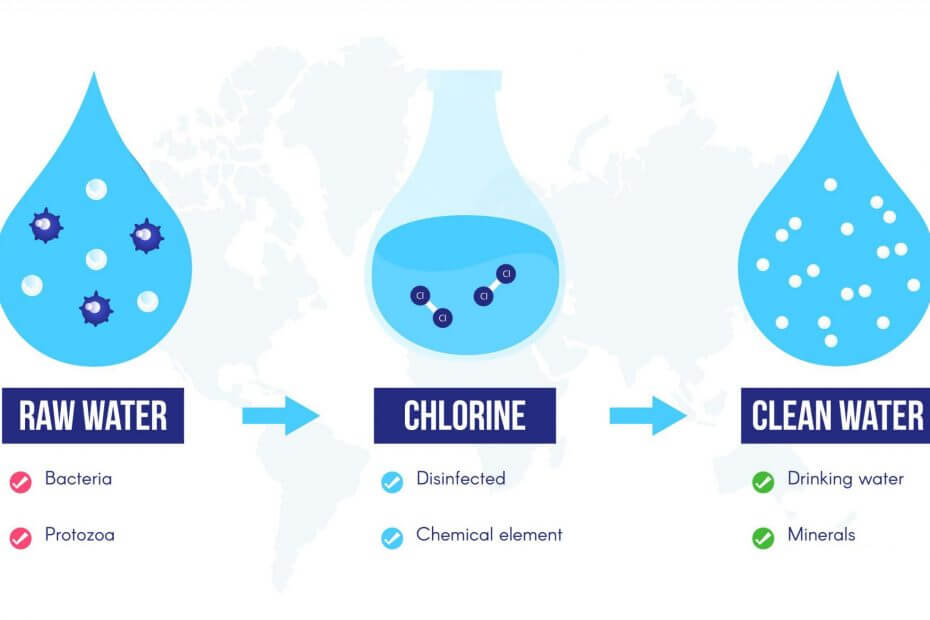TDS, or Total Dissolved Solids, is a measure of the amount of inorganic and organic substances dissolved in water. It includes minerals, salts, metals, and other substances that are present in the water. The TDS value is typically expressed in parts per million (ppm) or milligrams per liter (mg/L).
Why should you care about TDS?
Well, TDS can affect the taste, quality, and safety of water. It can also have an impact on the performance and lifespan of water-using appliances and equipment. Let’s explore these factors in more detail.
Taste and Quality:
High TDS levels can affect the taste and odor of water. It can make water taste salty, bitter, or metallic, and give it an unpleasant odor. This is particularly noticeable in drinking water and can make it difficult to enjoy. Additionally, high TDS levels can cause water to appear cloudy or discolored, which can also be unappetizing.
The quality of water is also affected by TDS. High TDS levels can indicate that the water contains contaminants or impurities that can pose a health risk. It’s important to note that TDS itself is not a direct measure of water quality, but it can be an indicator of potential issues. For example, high TDS levels can be an indication of hard water, which can lead to scaling in pipes and appliances.
Safety:
As mentioned, high TDS levels can indicate the presence of contaminants in water. These contaminants can include heavy metals like lead and copper, as well as harmful chemicals like pesticides and herbicides. Ingesting these substances can have serious health consequences, particularly for vulnerable populations like infants, children, and pregnant women.
Appliance Performance and Lifespan:
Finally, high TDS levels can impact the performance and lifespan of water-using appliances and equipment. Appliances like coffee makers, dishwashers, and washing machines rely on water to function properly. When water has a high TDS level, it can cause scaling and buildup in these appliances, reducing their efficiency and lifespan. This can lead to more frequent repairs and replacements, which can be costly.
In conclusion, TDS is an important measure of water quality that can have a significant impact on taste, safety, and appliance performance. If you are experiencing issues with your water, it’s worth testing the TDS level to see if it could be a contributing factor. Additionally, it’s important to take steps to address high TDS levels to ensure that your water is safe and enjoyable to use.

